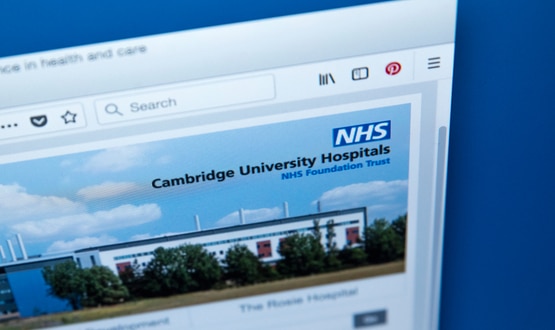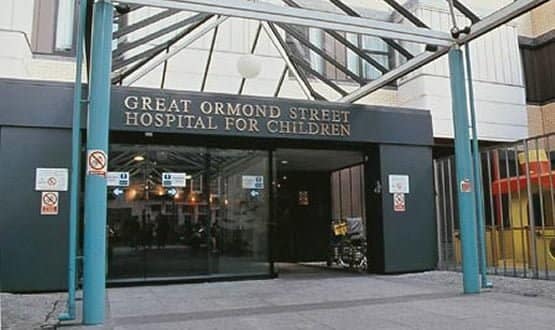Sensyne Health ‘unlikely to be able to continue’ unless funding is secured
- 18 January 2022

Sensyne Health’s board has revealed that unless the company is able to secure emergency funding it is “unlikely to be able to continue to trade beyond early February 2022”.
An update on the company, which was posted on the London Stock Exchange, revealed that as of 12 January, the company had £2.8million in the bank and confirmed it was pursuing a “significant debtor”.
The document also added that Sensyne has been pursuing funding from multiple sources, and has signed a non-binding term sheet with different institutional shareholders to provide £6.35million of capital to help finance the company in the next few months until the formal sales process reaches its conclusion.
“Whilst the board believes the financing will proceed to completion in the near term, without it the company is unlikely to be able to continue to trade beyond early February 2022 by which time the FSP (formal sales process) will not have concluded,” the update states.
Following on from the announcement, shares fell in the company to 20.6p. In August 2018 its flotation price was 175p.
The Oxford-based company started the formal process of finding a buyer in early November 2021, and last week confirmed it was in discussions with a number of interested parties.
NHS stakeholders
The data analytics company was established in 2018 by former UK science and defence minister Lord Paul Drayson, who, with his wife, holds a 22.8% stake in the company making them the biggest shareholders. Various NHS trusts own a further 16.2% as part of agreements which see the trusts provide anonymised patient data in return for a share in the company.
Trusts who have signed non-exclusive Strategic Research Agreements (SRAs) with Sensyne Health include Cambridge University Hospitals NHS Foundation Trust, who inked the deal just one month ago, Great Ormond Street Hospital for Children, which marked the first time Sensyne had focused on paediatrics, and the Royal Devon and Exeter NHS Foundation Trust.
In total, the company has 16 SRAs with NHS trusts and US healthcare health systems and a real-world database of 48.3million patient records, including anonymised records of 12.9million UK patients.
Sensyne Health uses AI algorithms to analyse this data to help speed up the development of new medicines by pharmaceutical companies. As well as shares in the companies, trusts also receive annual payments for investment in IT to help aid the curation and analysis of the data, plus royalties on revenues generated by the company off the back of the research undertaken as part of the SRA.
Following the signing of a deal with Milton Keynes University Hospital NHS Foundation Trust in 2020, Lord Drayson said: “SRAs are a fundamental part of Sensyne’s unique model – giving NHS Trusts equity, funding and the ability to share in revenues. Growing our access to anonymised patient data is key to our strategy.”
Digital Health contacted Sensyne Health for a comment.





6 Comments
Their algorithms are not worth a penny
That’s what the published research suggests.
To paraphrase Warren Buffet, the tide is going out and we are about to see who is wearing shorts (swimming trunks)
Is this because their algorithms didn’t work in practice and now it looks like the funding has all dried up?
No, because they have 5000 executives cashing fat checks and a small team doing all the work – ex SH.
https://www.londonstockexchange.com/news-article/SENS/response-to-disciplinary-notice/15230542
Have they really burned through £200m ?
Theranos with added dreaming spires
Comments are closed.